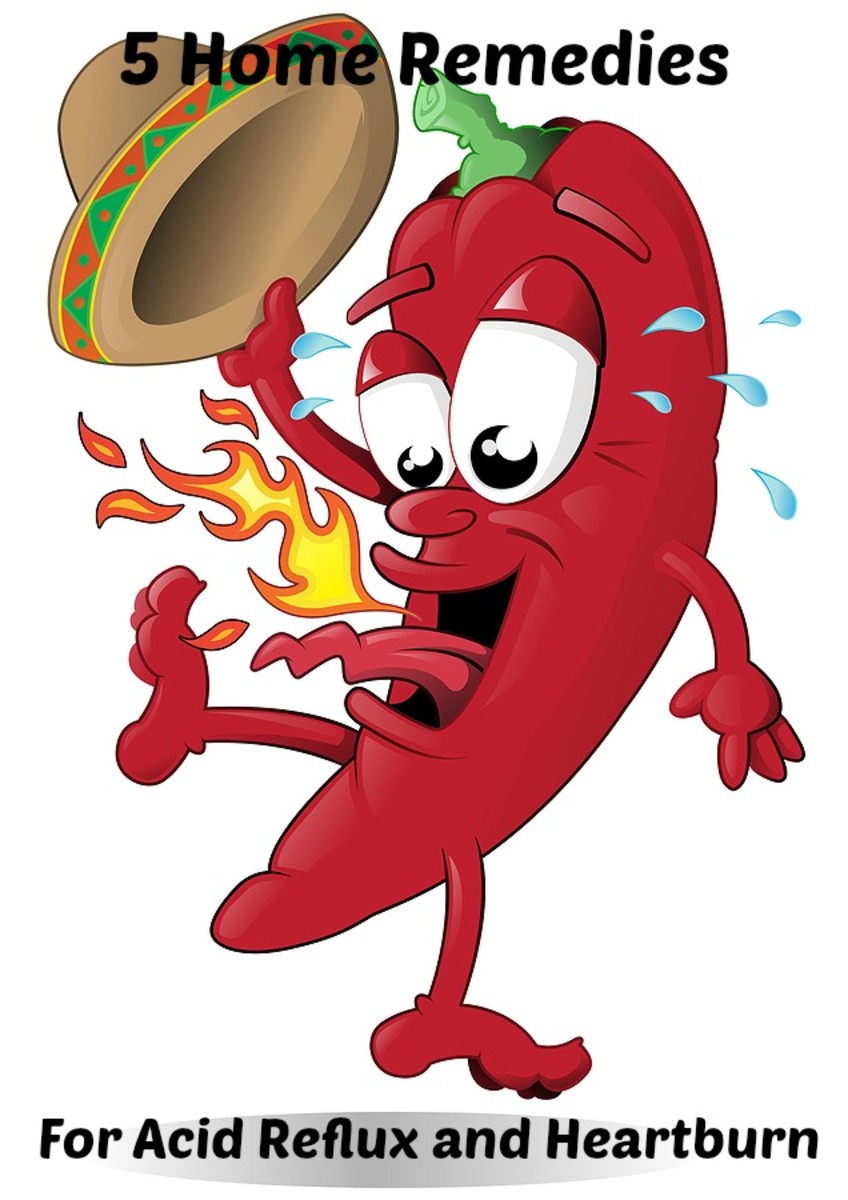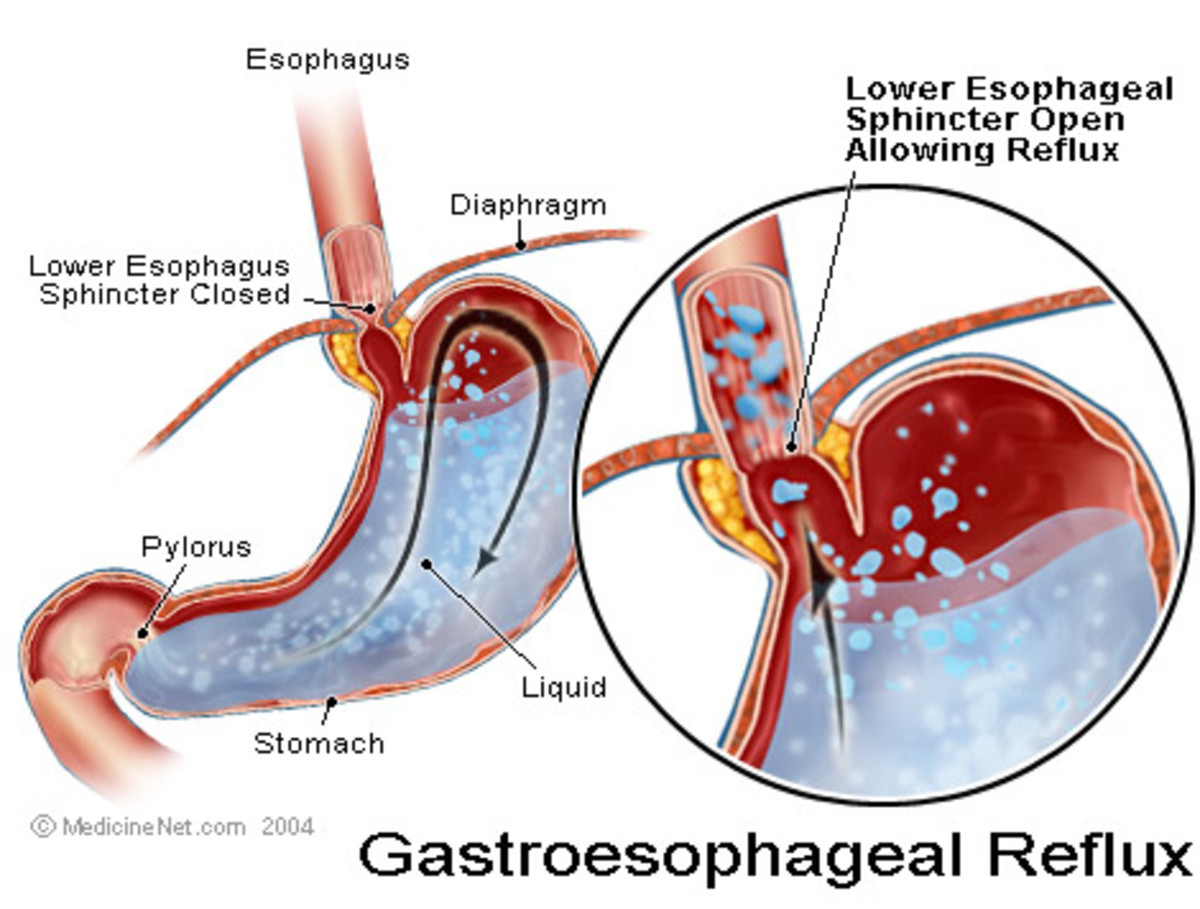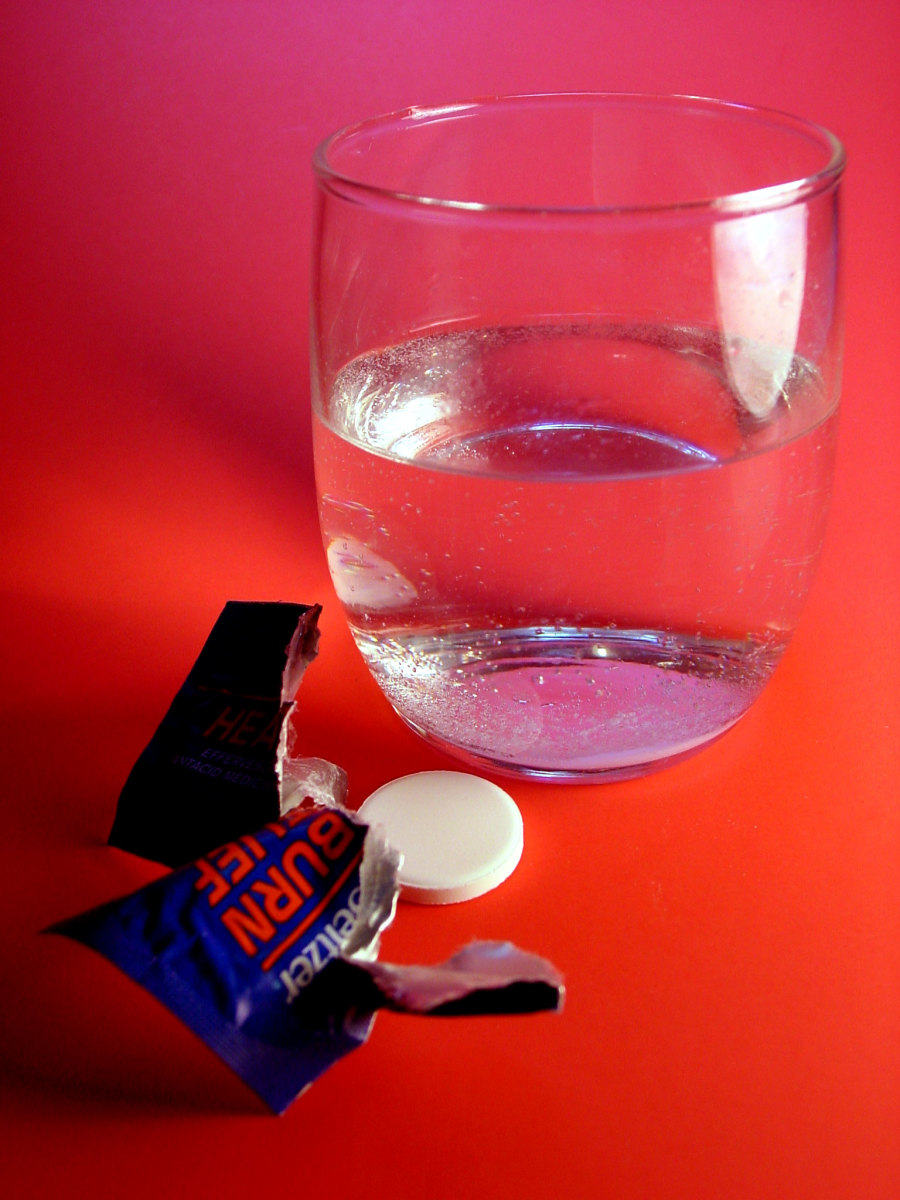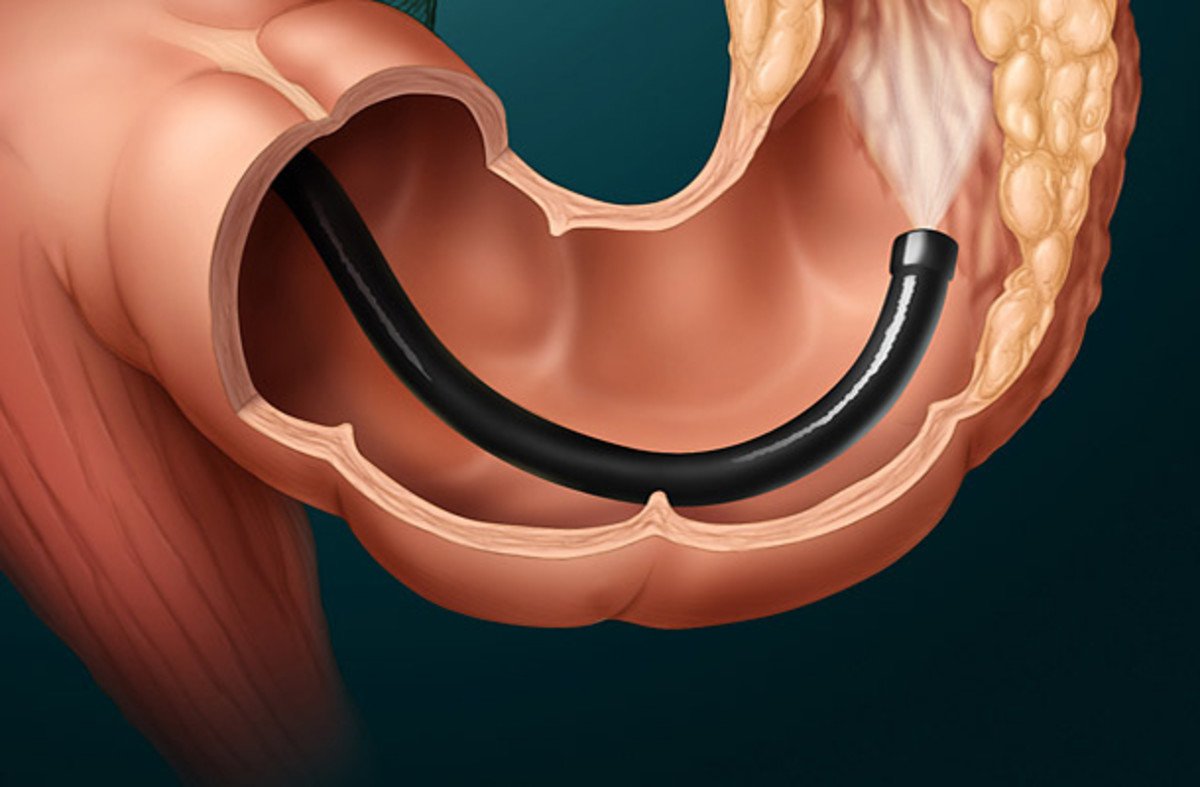Pro-biotics - A Permanent Solution for Acid Reflux and Heartburn


Studies have shown that prolonged use of antacids can be harmful in the management of gastric reflux and gastric distress. Use of pro-biotics and homeopathic drugs are safer alternatives.
The Harmful Effects of Prolonged Use of Antacids
Antacids are most widely used medications for the management of acid reflux disease across the globe. Using antacids tends to suppress the production of gastric acid within the stomach and thereby provides spontaneous relief. However, since the condition is chronic in nature, prolonged use of antacids can affect stomach functions:
- Gastric acids destroy harmful bacteria and disease producing microorganisms in the ingested food. Prolonged use of antacids can reduce the production of gastric acids, and thus increase the risk of developing bacterial infection.
- Gastric acids play a critical role in breaking down food. Protein rich foods including meat, eggs, milk, whole grains, and nuts are high in Vitamin B12. Gastric Acid separates Vitamin B12 from the protein which is subsequently absorbed by the small intestine. Use of acid blockers can decrease acid quantity which in turn allows only one forth of the vitamins to be absorbed. This may result in Vitamin B12 deficiency which is manifested in the form of pernicious anemia, headaches and peripheral neuropathy.

How Antacids Adversely Affect the GI Tract
In addition to interfering with stomach functions, the prolonged use of antacids is associated with several other side effects:
- Constipation or diarrheas are important side effects that are associated with the prolonged usage of antacids. Aluminum containing antacids result in constipation whilst, magnesium containing antacids tend to cause diarrhea.
- Indigestion can result from prolonged use of Antacids due to reduced production of naturally occurring gastric acids.
- Most antacids contain calcium carbonate which affects the calcium and acid balance in the body and can be harmful to the kidneys. Further, calcium containing antacids may stimulate acid secretion after the initial phase of neutralizing the acid, hence, further deteriorating the patient's condition.
- In patients with renal disorders, aluminum may tend to accumulate in the body. Aluminum is toxic and can lead to metal poisoning symptoms.
Yogurt to Treat GI Discomfort
Studies have shown a strong correlation between Helicobacter pylori, a pathogen which often causes inflammation of the stomach tissue and acid reflux. H. Pylori attacks stomach mucosa which in turn results in the weakness of the lower esophageal sphincter.
Probiotics comprise of over four hundred different types of bacteria which are beneficial for the gastrointestinal system as they enhance digestive functions. They help reduce the symptoms associated with acid reflux - heartburn, nausea and regurgitation, by improving digestive functions.
The good bacteria contained in the probiotics promote healing and thereby aid in the effective management of acid reflux. However, it is always prudent to consult a doctor before taking probiotics for acid reflux as the underlying cause for acid reflux differs from person to person.
Fermented dairy products provide you with abundant probiotics; yogurt is an excellent source of probiotics and you must include it in to your everyday diet. The quantity of probiotics present in yogurt tends to vary from batch to batch; thus it becomes a little tricky to evaluated how much probiotics one serving of yogurt proffers you. Clinical trials demonstrate that consuming about 8 ounces of yogurt daily promise freedom from most GI tract disturbances.








